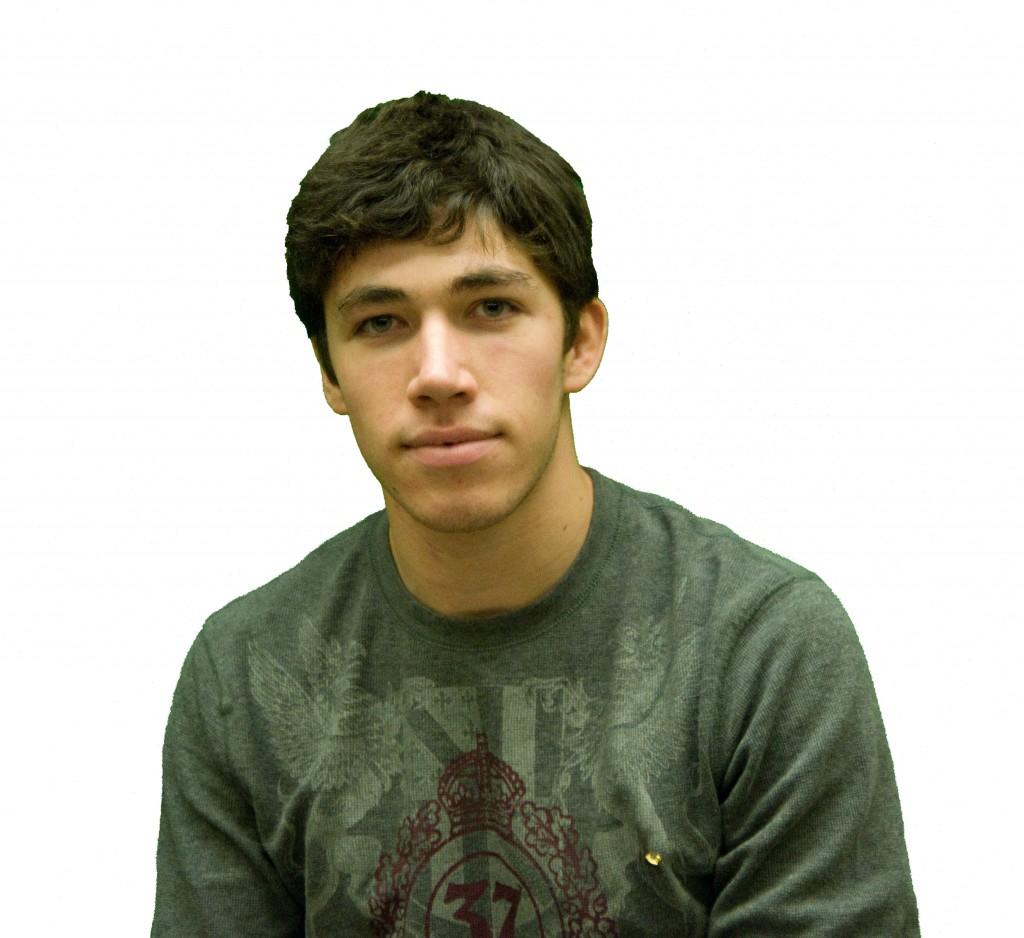If everyone in the world lived and consumed as much as the average American, humankind would need more than four Earths to accommodate the needs of every person. This should be a sobering fact, but to many it isn’t.
Why should we care about how much we consume? Why shouldn’t we be able to shop as much as we want, take 30-minute showers, and keep all of our electronics on even when we aren’t using them?
These are the questions of the indoctrinated American consumer who has grown up with every possible resource around them. Every year, Green Cup, the month-long event hosted by Students for Ecological and Environmental Development, comes to Northwestern and tries to break this cycle of consumerism and advocate environmental awareness.
Yet Green Cup is met by typical American apathy. Students are no more willing to change their consumption habits for a campuswide competition than they are at any other point of the year. I have come to face the reality that influencing my fellow peers to be green is no easy task. To many, Green Cup will come and go without any reflection on living green or becoming a partner in the environmental movement.
However, this is not the case for everyone. Green Cup remains a creative and well-developed program that is necessary to combat the complacency our community has towards the environment. Yet, what I have heard debated around campus is its efficacy.
Green Cup is similar to a diet. We may be very excited when it begins to change our lifestyle and improve ourselves, yet after three weeks the diet’s personal deprivation has taken its toll. We long to have cheeseburgers or french fries again, just as Green Cup may make us desire a long, hot shower. This, in essence, is the problem concerning competitions or motivation to change habits on a short term basis.
Real, effective change cannot be made in a month. The only way for our community to succeed in breaking our consumption cycle is to make conservation, waste reduction and recycling part of our daily routine.
In the same way that we were taught to eat healthy or develop nutritional skills, we must all develop environmental skills. Green Cup should be every month, just as “Earth Day” or “Earth Hour” should be replicated at any point during the year. We cannot think in short-term or quick fix solutions to the great consumption problems facing our nation. Efforts to spread environmental awareness, action and universal support must be a grassroot approach that seeks long-term effects.
In my eyes, Green Cup is just a bandage we place over a scar to make us feel as though we are being proactive for a month. The energy or water we save this month may be wasted the next if our consumption returns to normal levels. Green Cup must focus on having long lasting impacts on Northwestern’s campus that do not end once a winner is announced.
The mantra “reduce, reuse, recycle” has been taught to elementary school children for decades. Yet somehow, along the way to adulthood, college students have forgotten the wisdom in these three words. I do not want to proclaim that I am perfect and always do what is green, but I do make a concerted effort in my daily life to have as small of an impact on the environment as humanly possible.
It is the little things we can do that on a big scale will make a difference in cutting down energy usage and waste. There is no problem in starting off small and making incremental changes to your daily routine. Soon taking a shower in five minutes instead of ten will no longer feel like a major burden in your life.
The little steps that Green Cup encourages us to take are what make the event important. Let us not waste the progress we have made this month by ruining it in the next. As a community we can be successful if we approach being green as a long-term goal and not a race to the finish line. As Aesop’s fable shows, the tortoise, not the hare, wins the race.
Jonathan Kamel is a Weinberg freshman. He can be reached at [email protected]. If you would like to respond publicly to this column, email a Letter to the Editor to [email protected].









